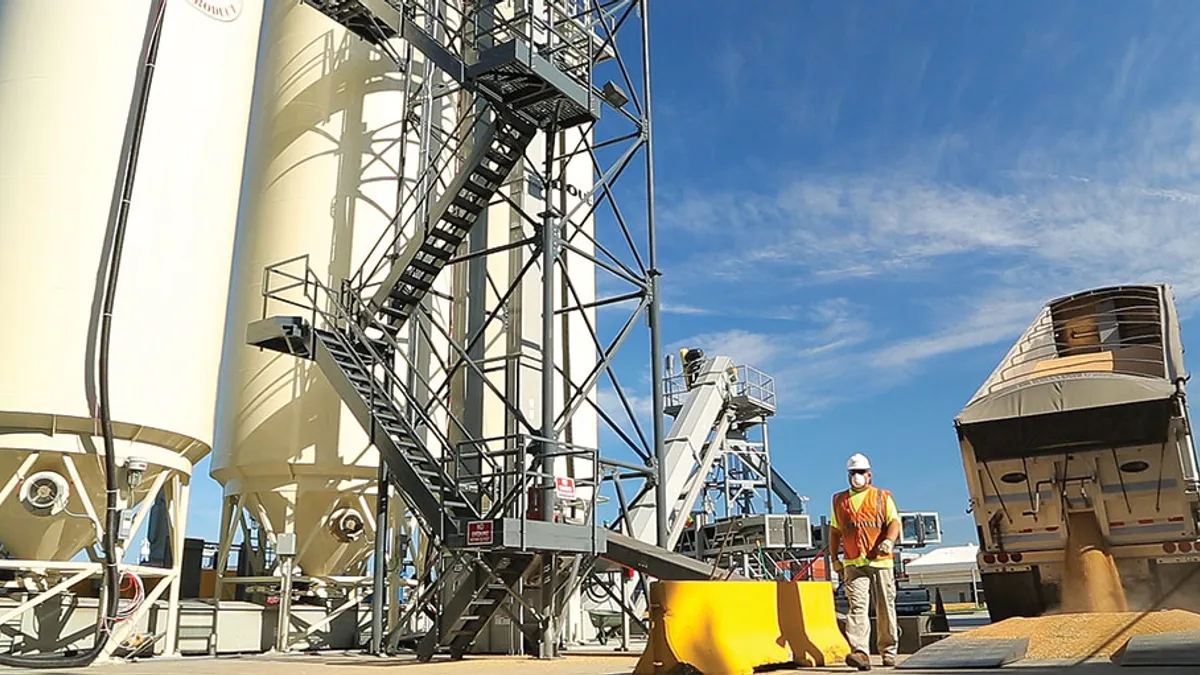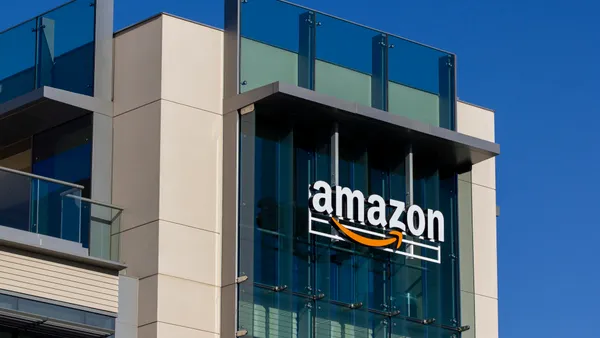Scoular
Scoular is a major U.S. exporter of agricultural products to markets throughout the world. The 124-year-old company buys, sells, stores, handles, and processes grain and ingredients as well as manages transportation and logistics worldwide. Headquartered in Omaha, Nebraska, Scoular operates from 120+ offices and facilities located across North America, South America and Southeast Asia.
To ensure the quality of their export product shipments, Scoular uses ocean-going containers, rather than bulk shipments, to maintain product integrity and market value. In 2016, Scoular ranked as the 17th largest exporter in the U.S. and shipped 50,400 TEUs (twenty-foot equivalent container units) throughout the world1. China, a major importer of agricultural products, is a key market for Scoular exports. Over the past 10 years, U.S. agricultural exports to China have grown over 13 percent annually on average2.
Business Challenge
Scoular needed to ensure they could support a consistent flow of agricultural product exports to Asia, as well as other global markets. They required ample container equipment to provide product delivery to customers as promised. In addition, they looked to further diversify their product sourcing locations as well as increase exports globally.
Solution
In advance of the Panama Canal opening, and to align with local growers in the Southeast region, Scoular expanded their operations in South Carolina with the aid of the SC Ports Supply Chain Authority Team.
SC Ports recommended positioning Scoular’s new grain transload facility adjacent to the Port of Charleston to streamline and expedite the movement of their product to global markets. An increased presence in the Charleston area enabled Scoular to add local agricultural growers in the region to their existing product origination base, resulting in an expansion of their Asia-Pacific export program. It also prepared them to realize the benefits of the widened Panama Canal - increased capacity, improved transit times to Asia and a reduction in per unit supply chain costs.
Scoular’s investment is facilitating trade for local South Carolina and Southeastern farm producers of winter wheat, corn, and soybeans. Shipments are trucked to Charleston and transloaded into containers for export.
The Port of Charleston also offers two important capabilities for grain exporters: a consistent supply of container equipment empties and a deep-water port. Grain is typically loaded heavy, so the cargo demands additional harbor depth to ensure ocean carriers can fully load their export vessel. The Port of Charleston currently has the deepest water in its competitive region at 45 feet, and the Harbor Deepening Project will bring Charleston to 52 feet when completed in 2020.
Scoular’s partnership with the trusted SC Ports Supply Chain Authority delivered an innovative solution – investment in an export container loading facility that serves the increased demand for food and feed in Asia. Scoular advanced its competitive position, which has resulted in tangible benefits for their customers in Asia, as well as grain and feed suppliers in South Carolina and the U.S. Southeast. Scoular believes that their export activity in South Carolina will increase in the years to come.
Sources:
1. Journal of Commerce
2. USDA: Economic Resource Service










